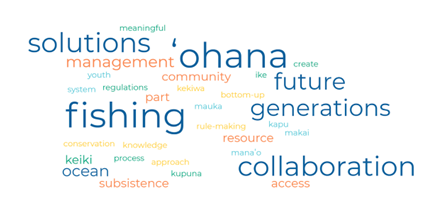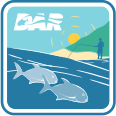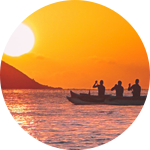Maui Navigation Team Meetings
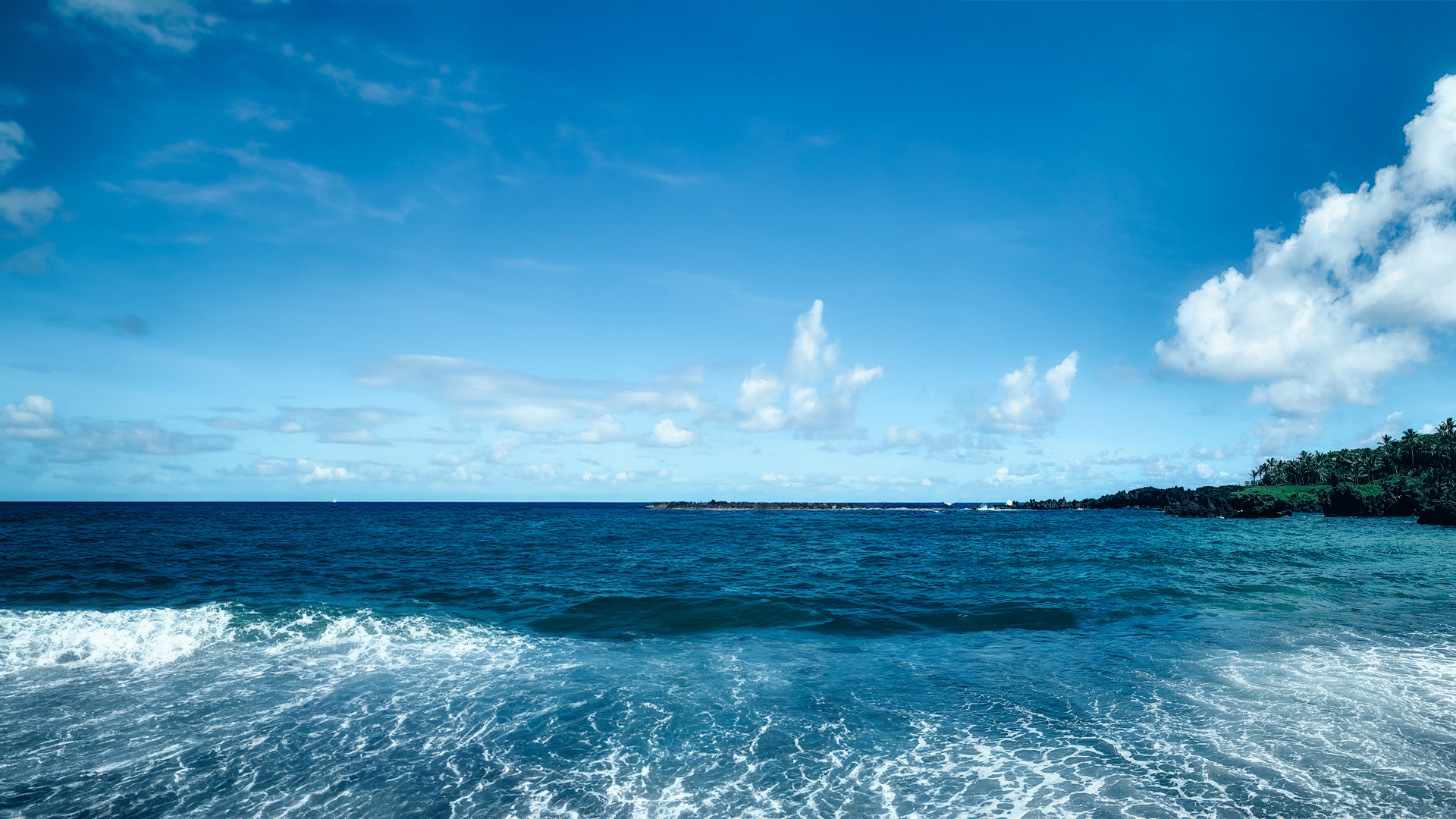
Maui Navigation Team Meetings
As the Maui process serves as a pilot for the initiative, DAR is committed to creating a space that will provide the best support and tools needed for the Maui Navigation Team to succeed. Below is a brief summary and recap of Navigation Team meetings that took place from October 2022 to July 2024. The Maui Navigation Team is still currently meeting to develop and finalize the proposal based on community input, and the next steps will be to host more public meetings to share the revised management proposal for feedback.
Maui Navigation Team Meeting #1
Navigation team members were asked to review species and places of concern across Maui’s nearshore waters based on the community input and expertise provided at the Maui Talk Story sessions that took place in October 2022. If there was one thing the group had a strong consensus on, it was that they all agreed collaboration is vital in the success of effective marine management. The word cloud below was created from the responses submitted by the team members on why they are committed to the process.
Maui Navigation Team meeting #2
The team reconvened on April 29, 2023 for their second meeting. This session served to provide updates to the Holomua process based on suggestions provided by the members. The members were also given an overview of the types of management tools under DAR’s authority.
There was time provided for the Navigation Team to ask questions and request more information and data on the status of Maui’s nearshore marine resources. The session concluded with a presentation from DAR on potential options and tools available to the Navigation team, including both regulatory and non-regulatory options such as bag limits vs. monitoring & outreach.
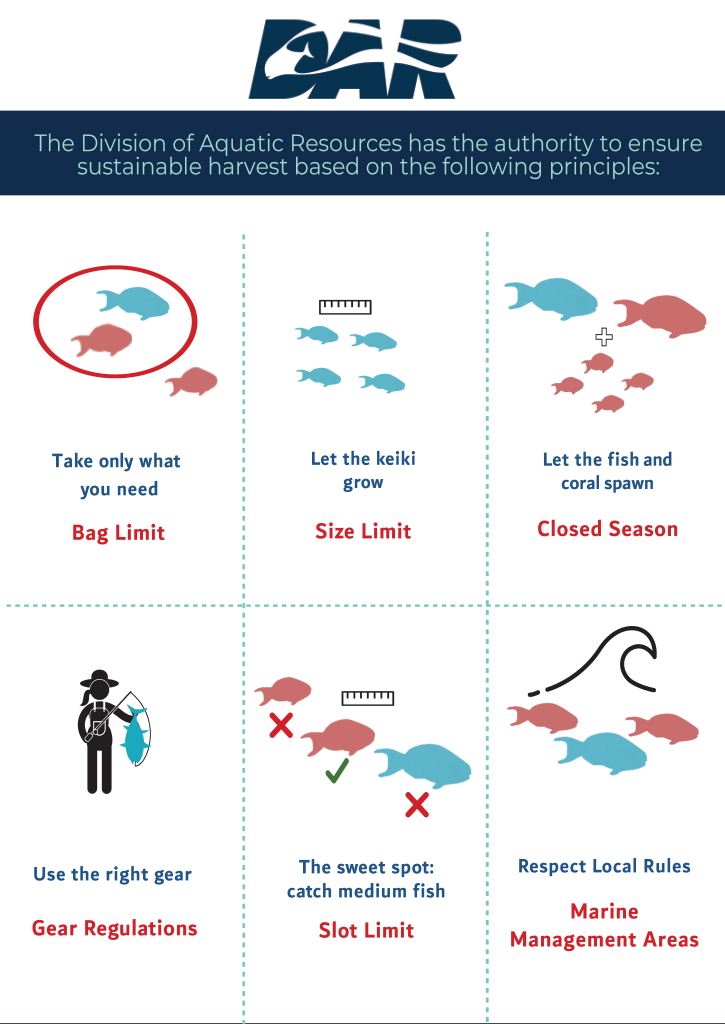
Maui Navigation Team meeting #3
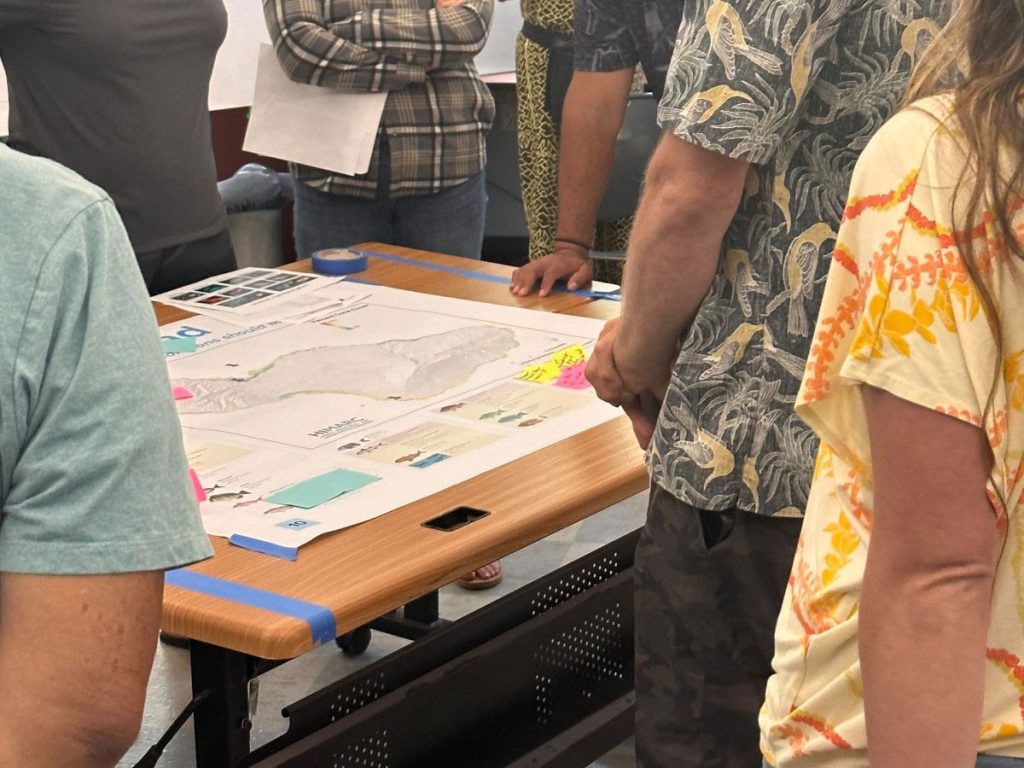
The third team meeting took place on July 7-8, 2023 at the Hawaiian Islands Humpback Whale National Marine Sanctuary in Kīhei, Maui. This was the first time the Maui Navigation team convened in-person.
15 of the 16 Navigation team members attended the workshop where they utilized suggestions, concerns, and issues brought up during the public Talk Story Events held in October 2022 to begin their discussion on brainstorming solutions.
This included solutions related to land-based sources of pollution, water quality monitoring, enforcement, as well as species-specific concerns. There were opposing perspectives on issues such as commercial fishing, night diving, and scuba spearing, but all members agreed these were topics that needed to be discussed further with residents of Maui.
Our partners with Hawai‘i Monitoring & Reporting Collaborative (HIMARC) and NatureAnalytics were able to share some data on resource fish biomass on Maui, as well as tools that can be used to identify tradeoffs when selecting bag and size limits for certain fish, which the members appreciated and utilized in the brainstorming session. DAR was also present as a supporting role, answering any questions from the team regarding existing regulations and feasibility of certain solutions under DAR authority, among others.
The set of solutions identified by the Maui Navigation Team was sent to our Advisory Network, a non-decision-making entity that includes a range of experts from fisheries to socio-cultural management, to provide feedback on the first list of proposed solutions.
Maui Navigation Team meetings #4-7
After discussion with and support from the Maui Navigation Team, the Maui Pilot Process resumed in February 2024 after a pause due to the devastating wildfires that occurred the previous summer. To begin, the Maui Navigation Team took time to reflect on the process, the goals of the initiative, and to review what had been developed in past meetings. Based on this, the initial management recommendations and goals were organized and put under the corresponding four pillars of Holomua: 1) Pono Practices, 2) Place-Based Planning, 3) Restoration, and 4) Monitoring. Over the course of the next three meetings held from February through May, the Maui Navigation Team took time to further build out and refine existing management recommendations under each pillar.

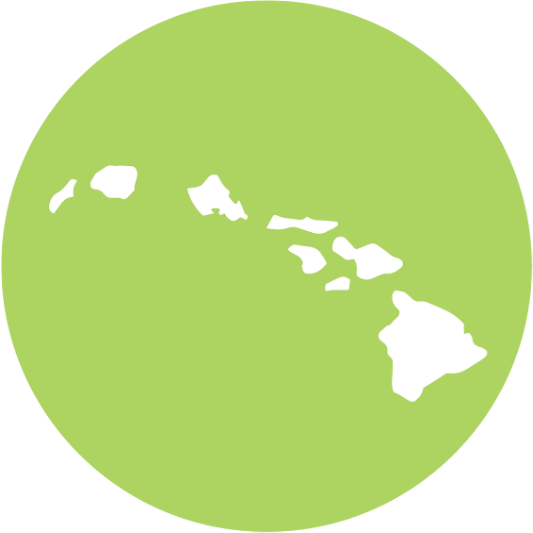
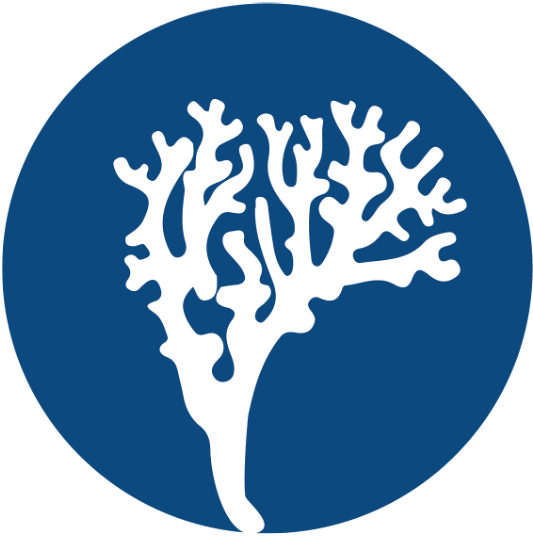
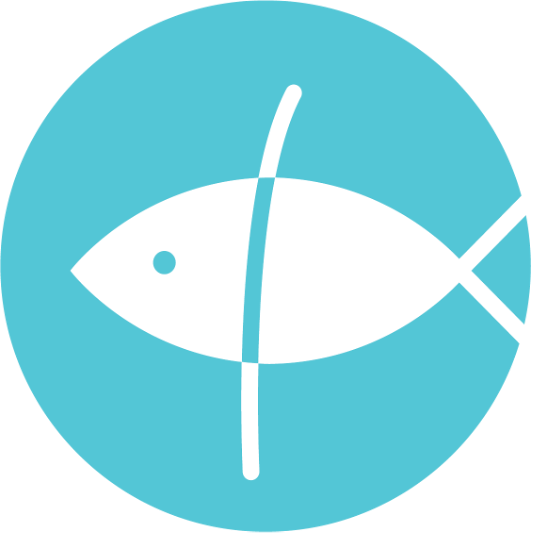
Photo Credit: Bert Weeks
Managing for land-based impacts through efforts such as stream restoration can prevent sedimentation events.
Under the Pono Practices Pillar, the Maui Navigation Team worked on building management recommendations to promote pono fishing, identify potential regulations that balance protection of important resources and sustainable harvest for families, and improve enforcement and compliance.
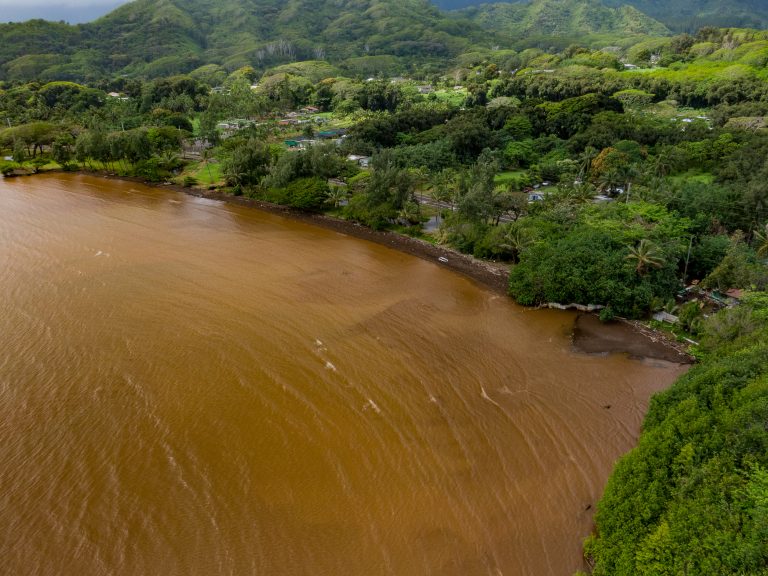
The Restoration Pillar discussions focused on recommendations for addressing terrestrial impacts including stream flow and management of wastewater, as well as scaling up artificial reefs for both fish and habitat enhancement. Place-based Planning looked at prioritizing areas for restoration activities and supporting on-going community-led initiatives. Finally, under the Monitoring Pillar, the Navigation Team discussed the importance of monitoring and its role in adaptive management. This pillar will be developed further as the plan is refined through broader input from the Maui community.
Maui Navigation Team meeting #8
Prior to this meeting management recommendations were sent on to the Holomua Advisory Network for review. The Advisory Network is made up of local fisheries scientists, ecologists, social scientists and cultural practitioners. Their role is to provide information and advice to the Maui Navigation Team and DAR to consider as they develop and refine management recommendations. Advice is based on their area of expertise and experience with Hawai’i’s oceans and communities. Over the course of two virtual meetings, the Holomua Advisory Network reviewed the Navigation Team’s proposal and provided recommendations.
Recommendations from the Advisory Network ranged from encouragement to continue considering herbivores, as they play a key role in reef resilience, to identifying existing projects on other islands that could provide models for proposed management actions.
During meeting 8, the Navigation Team reviewed the recommendations and continued to refine the proposal in preparation for sharing with the Maui community in the Information Exchanges. The Navigation Team deliberated on each management recommendation considering everything from existing data to support actions, current community practices that could be enhanced or impacted by the action, social acceptance, and how the management actions work together as a whole to support healthy fisheries and reefs in Maui.
Additional one-on-one meetings were held with Maui Navigation Team members to ensure each member had a final opportunity to provide feedback on the proposal prior to moving on to the Maui-wide Information Exchanges.

